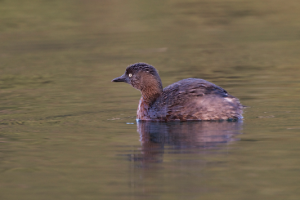Energy hungry
“The Mokihinui hydro scheme is the largest proposed flooding of public conservation land in New Zealand since the Manapouri scheme of the late 1960s and early 1970s. If approved, and constructed, it will be the largest inundation for hydro electric generation purposes of lands and ecosystems set aside for protection and conservation ever seen in this country.”…
So states DOC’s opening statements at the hearing on whether or not Meridian Energy – our so-called environmentally friendly, and State-owned energy company – can dam the pristine Mokihinui River to generate power.
For us in Forest & Bird, and many others, the Mokihinui dam has become the defining ‘line in the sand’ for ‘renewable’ energy.Meridian is proposing an 85-metre-high dam, which would flood 14 kilometres of gorge and destroy 330 hectares of public conservation estate and riverbed. It is difficult to conceive of any other proposal that would have such significant effects on the immediate natural environment. More than 20 endangered species live in the healthy forest and river of the Mokihinui Gorge. Some of them, like the whio (blue duck) have suffered from serious habitat depletion, much of it a legacy of concerted hydro building throughout the mid 1900s. The currently healthy population of blue duck in the river will die as they can’t relocate. For others like the long-finned eel, great spotted kiwi, weka and long-tailed bats, the river is core habitat and loss of this may be critical to local populations.The problem? Our unquestioning and insatiable demand for continued electricity growth. Current predictions of 2% increase in demand each year means the death knell sounding for a river like the Mokihinui every six months. Rivers targeted around the country are the most wild and pristine rivers we have left. Our connection to the electric socket has replaced our connection to nature. In chasing the unquestioned assumptions of continued growth, the push into our wilderness, our pristine habitats, and into the sanctuaries of other species, is driving on relentlessly. Some solutions: stop the consumer grind; get smarter and more efficient with our energy; take a walk instead of watching a TV programme. Most importantly, rethink our place on this planet. We’re an integral part of it – “when we spit on the Earth, we spit on ourselves.”

